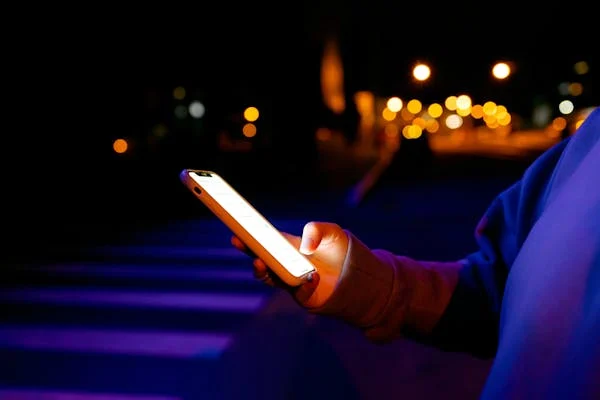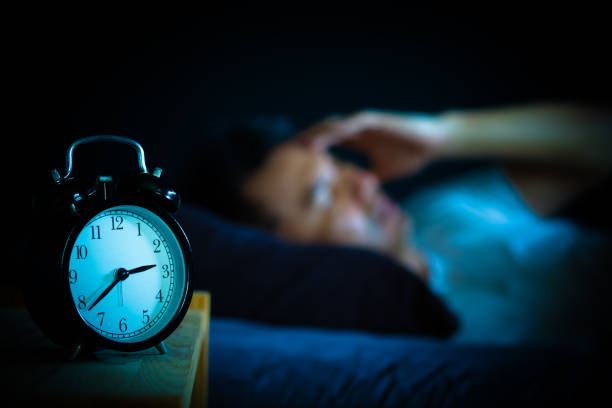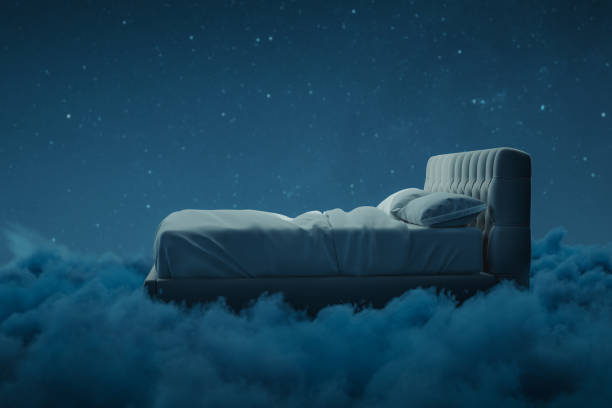Why You Shouldn’t Sleep With Your Phone (And What to Do Instead)
Your Phone Is Quietly Killing Your Sleep
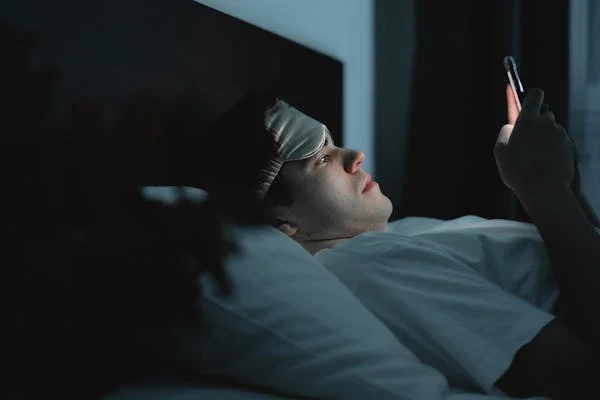
You probably already know that good sleep is essential — for your focus, your mood, your energy, even your metabolism. But there’s one thing in your bedroom that might be quietly sabotaging it every single night: your phone.
From late-night scrolling to “one last check” of your inbox, it’s easy to justify keeping your phone within arm’s reach at all times. But the science is clear — your screen might be the very reason you’re tired during the day, even if you’re technically in bed for 7–8 hours.
In this post, we’ll break down exactly why sleeping with your phone is hurting your rest — and give you 5 realistic, no-BS fixes you can try tonight.
1. Blue Light Blocks Melatonin
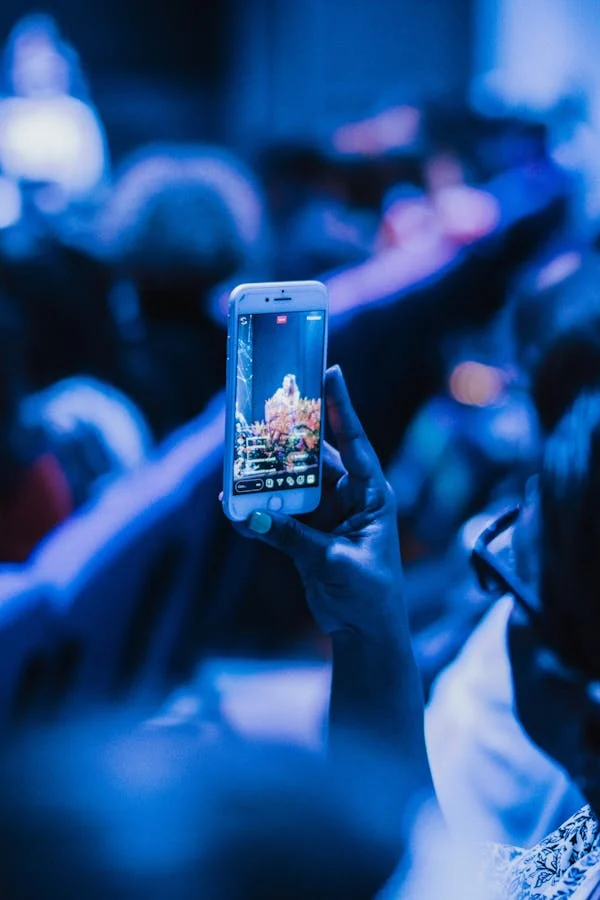
Your phone’s screen emits blue light, which is great for daytime alertness… but a total disaster for your sleep cycle.
Blue light suppresses melatonin, the hormone your body naturally produces at night to help you feel sleepy. Even just 30–60 minutes of screen time before bed can delay melatonin release and throw off your circadian rhythm — meaning:
- You wake up feeling groggy
- It takes longer to fall asleep
- You get less deep sleep
2. Your Brain Doesn’t Get to Power Down
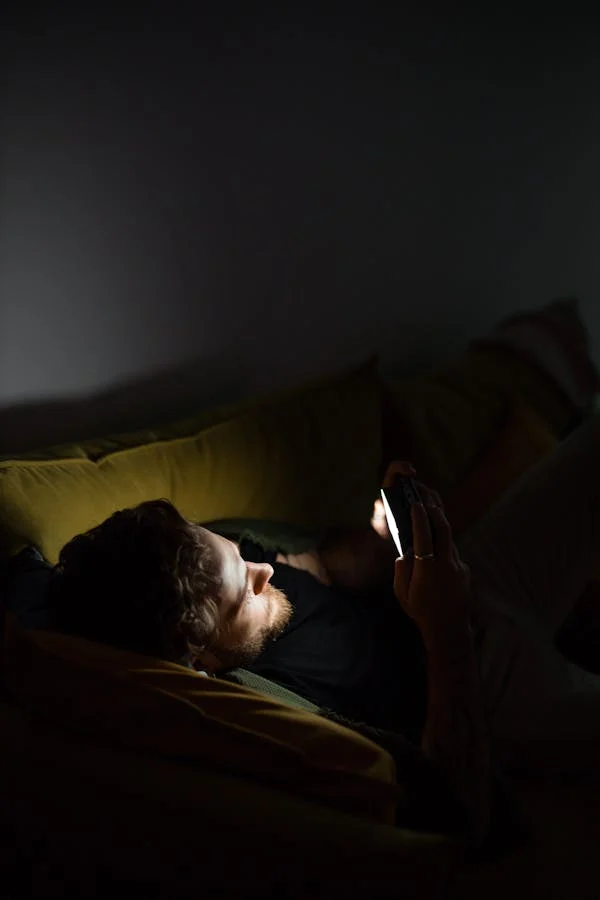
Your bed might be quiet, your lights may be off, but if your eyes are still glued to a screen, your brain hasn’t gotten the message: it’s not time to rest yet.
Here’s the science: every time you scroll, tap, swipe, or refresh, your brain gets a small hit of dopamine — the same neurotransmitter responsible for pleasure, reward, and motivation. These dopamine surges are designed to keep you engaged, not relaxed.
That means even if your body feels exhausted, your brain is in a heightened state of alertness, craving the next piece of stimulation. Social media apps, for example, are built with infinite scroll, bright visuals, and unpredictable content — all of which mimic slot machine psychology to keep your mind active and searching for the next hit.
This is why you can spend 30 minutes in bed scrolling and still feel:
- Mentally active (but unfocused)
- Emotionally overstimulated (especially after news, DMs, or comments)
- Anxious or stressed (from the fear of missing out or comparing yourself)
Even worse, when you’re exposed to emotionally triggering content — whether it’s political, dramatic, or deeply personal — your brain releases cortisol, a stress hormone that interferes with the sleep-inducing hormone melatonin.
So what you’re left with is that frustrating state of being “tired but wired”:
- Your body wants rest
- Your brain thinks it’s still in “work” or “social engagement” mode
- And your nervous system stays stuck in high alert, blocking the transition into deep sleep
Over time, this leads to:
- Longer time to fall asleep
- More overnight wake-ups
- Reduced time in REM and deep sleep
- Feeling foggy, moody, or unrefreshed the next day
📉 In short? Scrolling before bed tricks your brain into staying awake — and no amount of pillows, supplements, or blackout curtains can fully fix that if your mental state is still on high alert.
That’s why many people are turning to screen-free wind-down routines like soundwave-based sleep audio (e.g., SpryFuel Sleep) to help calm the brain and signal that it’s finally time to rest.
3. Even While You Sleep, It’s Still Distracting
Let’s say you somehow resist the urge to scroll and manage to fall asleep with your phone sitting quietly on your nightstand. No notifications. No social media. Just a silent device next to your head.
You’re good, right?
Not quite. Because even when you’re unconscious, your brain is still aware of its environment — especially of things it’s conditioned to pay attention to, like your smartphone.
And here’s where it gets dangerous.
🧠 Your Brain Monitors for Threats — Even in Sleep
Even during deep sleep, the brain doesn’t completely shut off. It stays partially alert to external stimuli, a trait called sentinel processing — an evolutionary feature designed to keep us safe. In modern life, this “watchdog” system can interpret a phone buzz or screen flash as something to be processed, waking the brain enough to disrupt sleep without fully waking the body.
These disruptions often result in:
- Micro-wakeups (which you don’t remember, but your brain does)
- Interrupted REM cycles
- Increased nighttime cortisol release (if the buzz startles you or you subconsciously worry about what you’re missing)
You might still get your “8 hours,” but it won’t be restorative sleep. Instead, you’ll cycle through light sleep and miss the critical deep stages your brain and body need to recharge.
4. What to Do Instead: 5 Simple Fixes
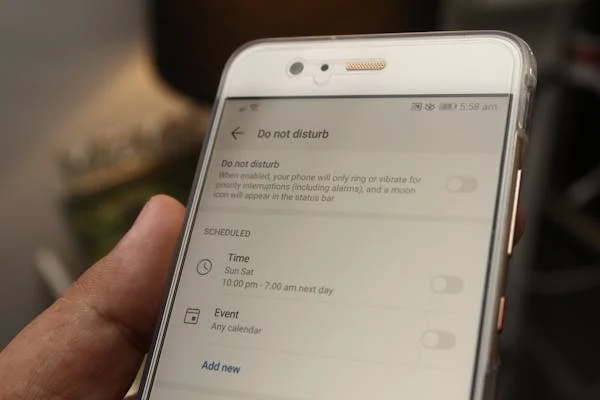
Don’t worry — you don’t have to go full “digital detox monk” to get your sleep back. Try these easy changes tonight:
1. Use an Actual Alarm Clock
Yes, they still exist. Get a basic one so you don’t “need” your phone nearby.
2. Switch to Airplane Mode or DND
If you have to keep it near you, at least kill the signal. Airplane mode + dimmed screen = less disruption.
3. Set a Digital Curfew (1 Hour Before Bed)
Try to put your phone away at least 60 minutes before sleep. That time is golden for your brain to unwind.
4. Use a Wind-Down Routine Instead
Use apps like SpryFuel Sleep to play relaxing audio or brainwave-guided sessions. These help your brain shift into rest mode — no scrolling required.
👉 Try SpryFuel Sleep’s wind-down tracks
5. Charge It in Another Room
The gold standard: put it in another room or across the room from your bed so it’s out of reach during your most vulnerable time.
Final Thoughts
Your phone isn’t evil — but using it at the wrong time can absolutely sabotage your sleep.
Your brain is a powerful machine, but it needs stillness, darkness, and disconnection to reset overnight. Start treating bedtime like a real recovery ritual — not just the end of your scrolling session — and your body (and brain) will thank you.
Sleep isn’t just about what mattress you use or how quiet your room is. It’s about the signals you send your brain.
And sometimes, the best signal is silence.

Written by Chris Halbrook
Updated March 30th
When Chris isn’t reviewing sleep tools, you’ll find him hiking with his dog Max, tinkering with espresso recipes, or catching early morning waves along the coast.
Chris Halbrook is a former fitness coach turned sleep optimization enthusiast. After years of struggling with post-workout recovery and restless nights, he discovered how critical brainwave control and sound environments are for quality sleep. Chris now writes practical guides on improving rest, recovery, and nightly routines — without relying on pills or expensive gadgets.

